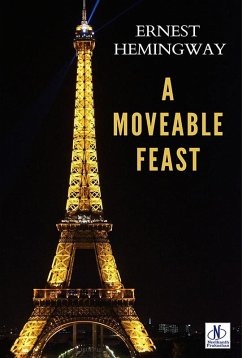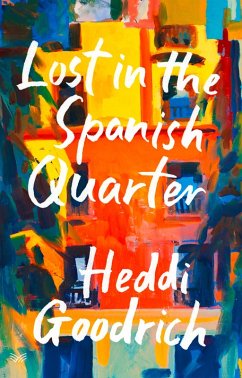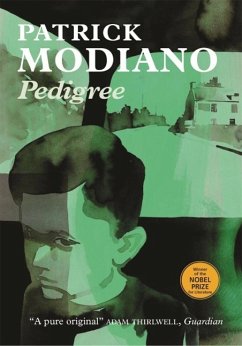
The Slow Train to Milan (eBook, ePUB)

PAYBACK Punkte
2 °P sammeln!
To Lizaveta, César remained as much of an enigma after two years of their nomadic exile together as he had that first day in Clapham when he took up his peculiar vigil in her mother's kitchen and showed no signs of shifting out of her life, ever. 'South America', this total stranger had pronounced unaccountably and then had fallen silent until hours later when Lisaveta decided to introduce herself. In response to her name he replied, 'No'.'What do you mean "No"?' she demanded, but was to remain in the dark on this, as on other vital questions: such as why César's friends Otto and Elias were ...
To Lizaveta, César remained as much of an enigma after two years of their nomadic exile together as he had that first day in Clapham when he took up his peculiar vigil in her mother's kitchen and showed no signs of shifting out of her life, ever. 'South America', this total stranger had pronounced unaccountably and then had fallen silent until hours later when Lisaveta decided to introduce herself. In response to her name he replied, 'No'.
'What do you mean "No"?' she demanded, but was to remain in the dark on this, as on other vital questions: such as why César's friends Otto and Elias were on the run and from whom, why she was expected to carry guns on a holiday to Paris, and why there was so thick an atmosphere of mystery about everything when she couldn't pinpoint the danger. Through her 16-year-old eyes she saw 35-year-old César as old and slightly debauched but strikingly beautiful. His air of dissipated grandeur seemed to disarm almost everyone and she marvelled how even in London he was treated like some kind of protected species or listed building. 'My friends are waiting for a bullet,' César told her, 'they don't shoot people like me.'
From London the now indivisible foursome drift southwards from Paris to Milan and back - stopping in Bologna, Grenoble and Venice - wherever the slow train takes them. They live like divine fugitives, resplendent in silks and Mercedes one month, warding off starvation the next. The danger for Otto and Elias is constant and palpable. For all of them, tension circumscribes an almost flamboyant kind of lassitude.
Lisa St Aubin de Terán's first novel, Keepers of the House, introduced a writer of rare virtuosity. She has more than fulfilled the promise of that remarkable début in this unusual and captivating odyssey.
Winner of the John Llewellyn Rhys Memorial Prize
'What do you mean "No"?' she demanded, but was to remain in the dark on this, as on other vital questions: such as why César's friends Otto and Elias were on the run and from whom, why she was expected to carry guns on a holiday to Paris, and why there was so thick an atmosphere of mystery about everything when she couldn't pinpoint the danger. Through her 16-year-old eyes she saw 35-year-old César as old and slightly debauched but strikingly beautiful. His air of dissipated grandeur seemed to disarm almost everyone and she marvelled how even in London he was treated like some kind of protected species or listed building. 'My friends are waiting for a bullet,' César told her, 'they don't shoot people like me.'
From London the now indivisible foursome drift southwards from Paris to Milan and back - stopping in Bologna, Grenoble and Venice - wherever the slow train takes them. They live like divine fugitives, resplendent in silks and Mercedes one month, warding off starvation the next. The danger for Otto and Elias is constant and palpable. For all of them, tension circumscribes an almost flamboyant kind of lassitude.
Lisa St Aubin de Terán's first novel, Keepers of the House, introduced a writer of rare virtuosity. She has more than fulfilled the promise of that remarkable début in this unusual and captivating odyssey.
Winner of the John Llewellyn Rhys Memorial Prize
Dieser Download kann aus rechtlichen Gründen nur mit Rechnungsadresse in A, D ausgeliefert werden.













